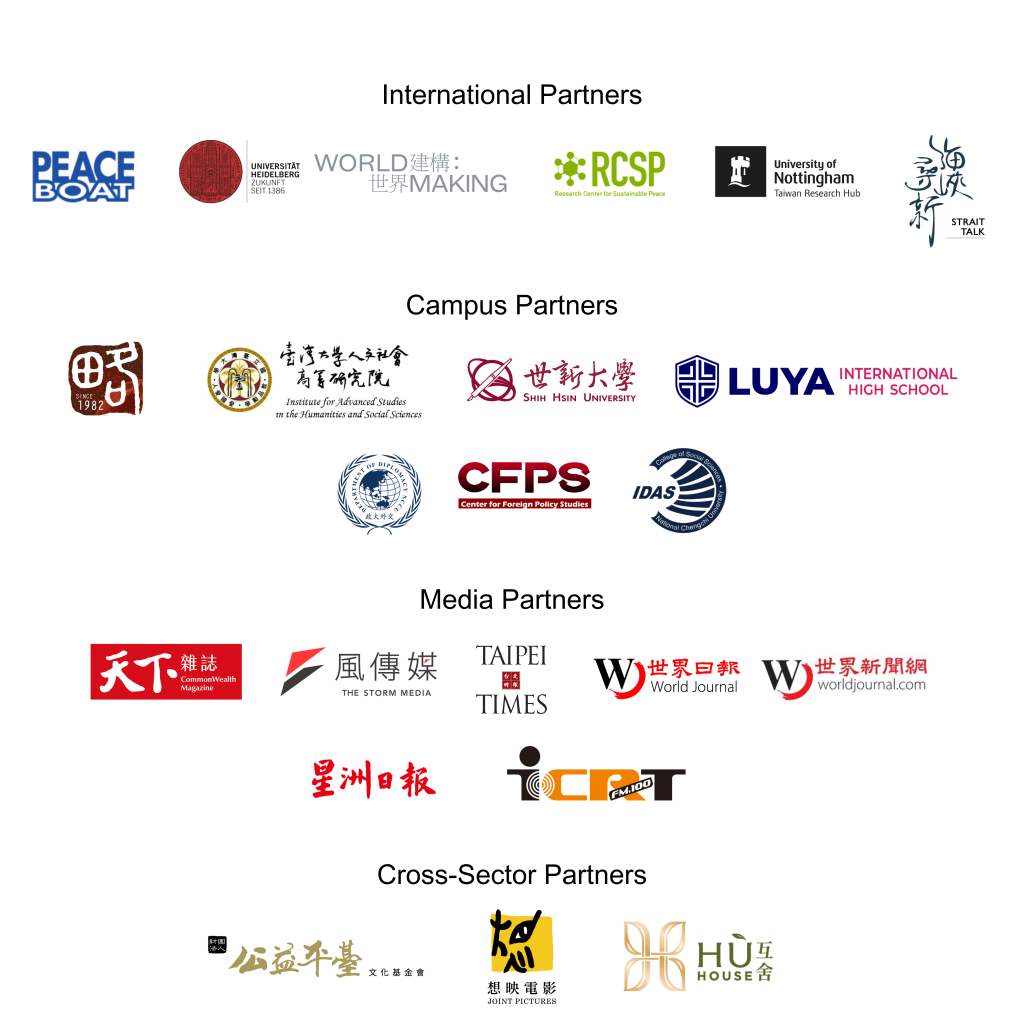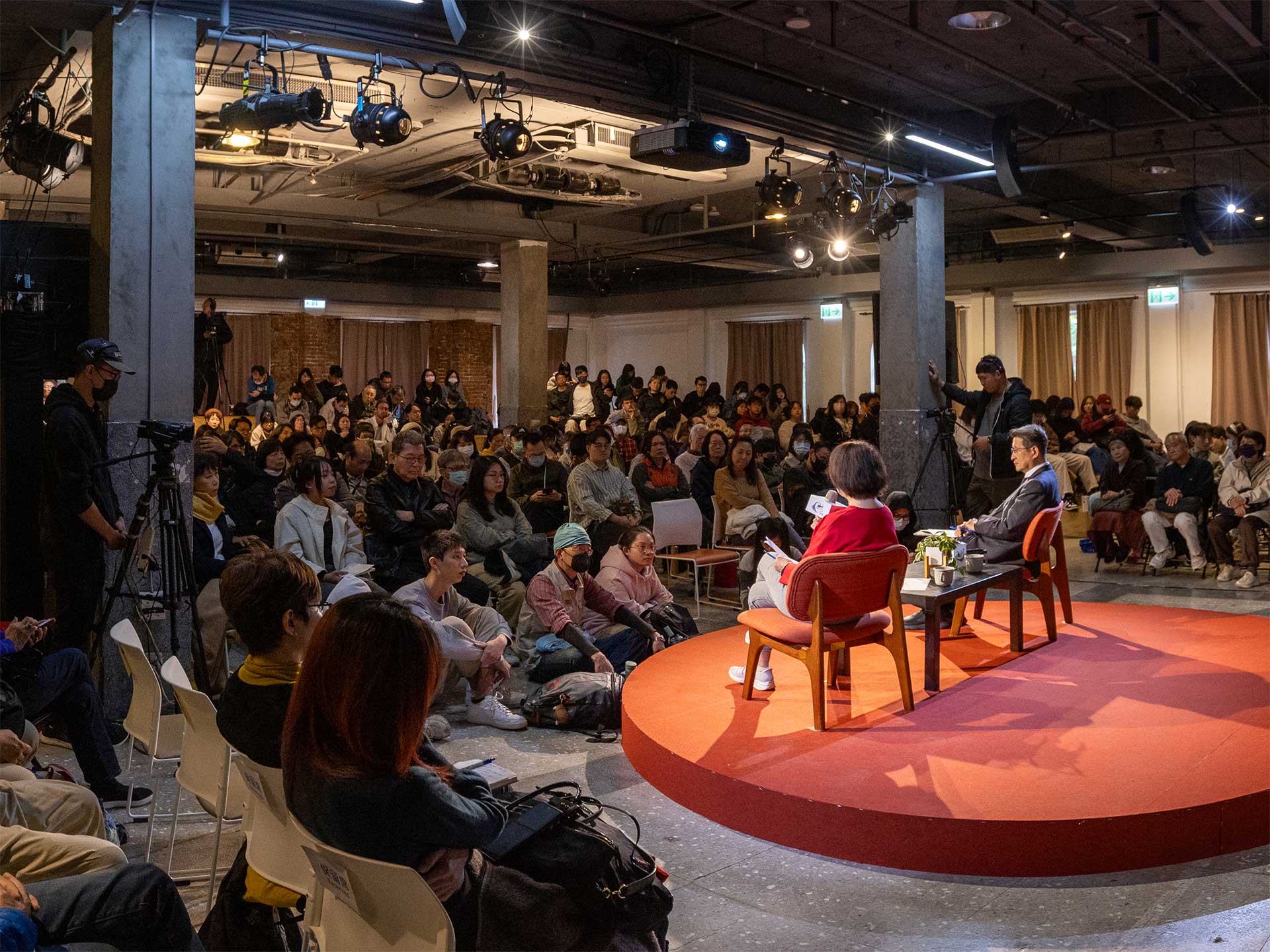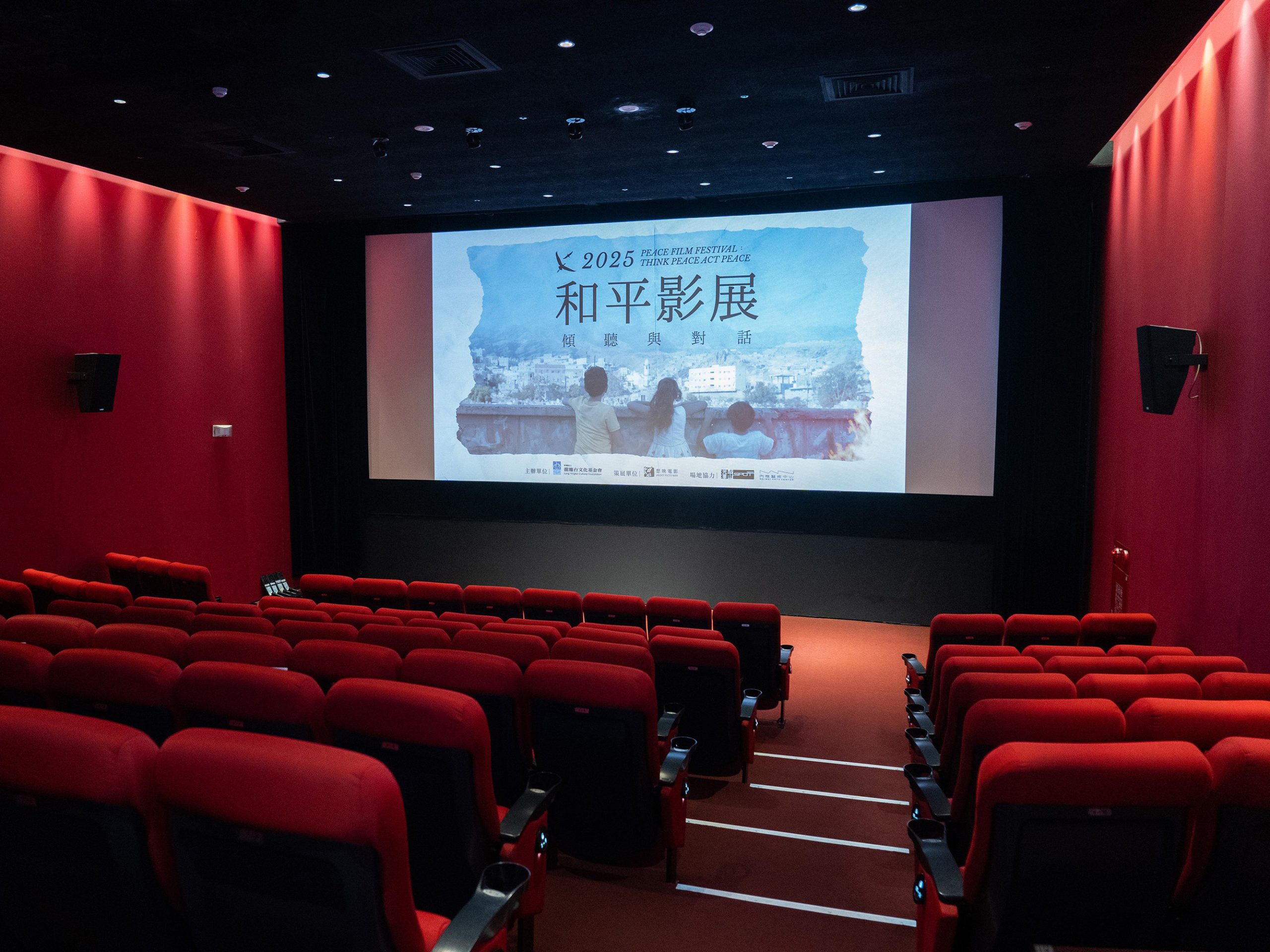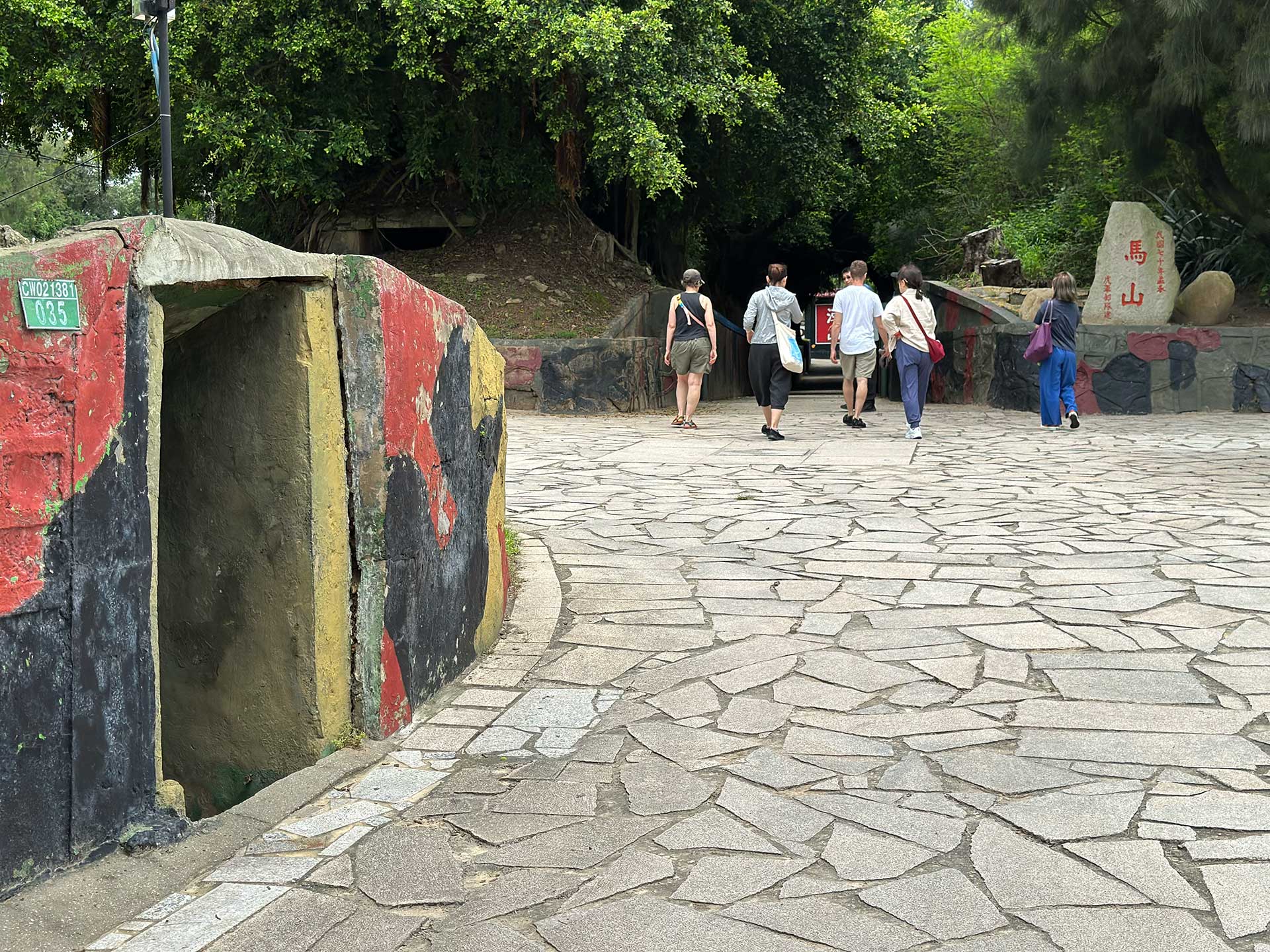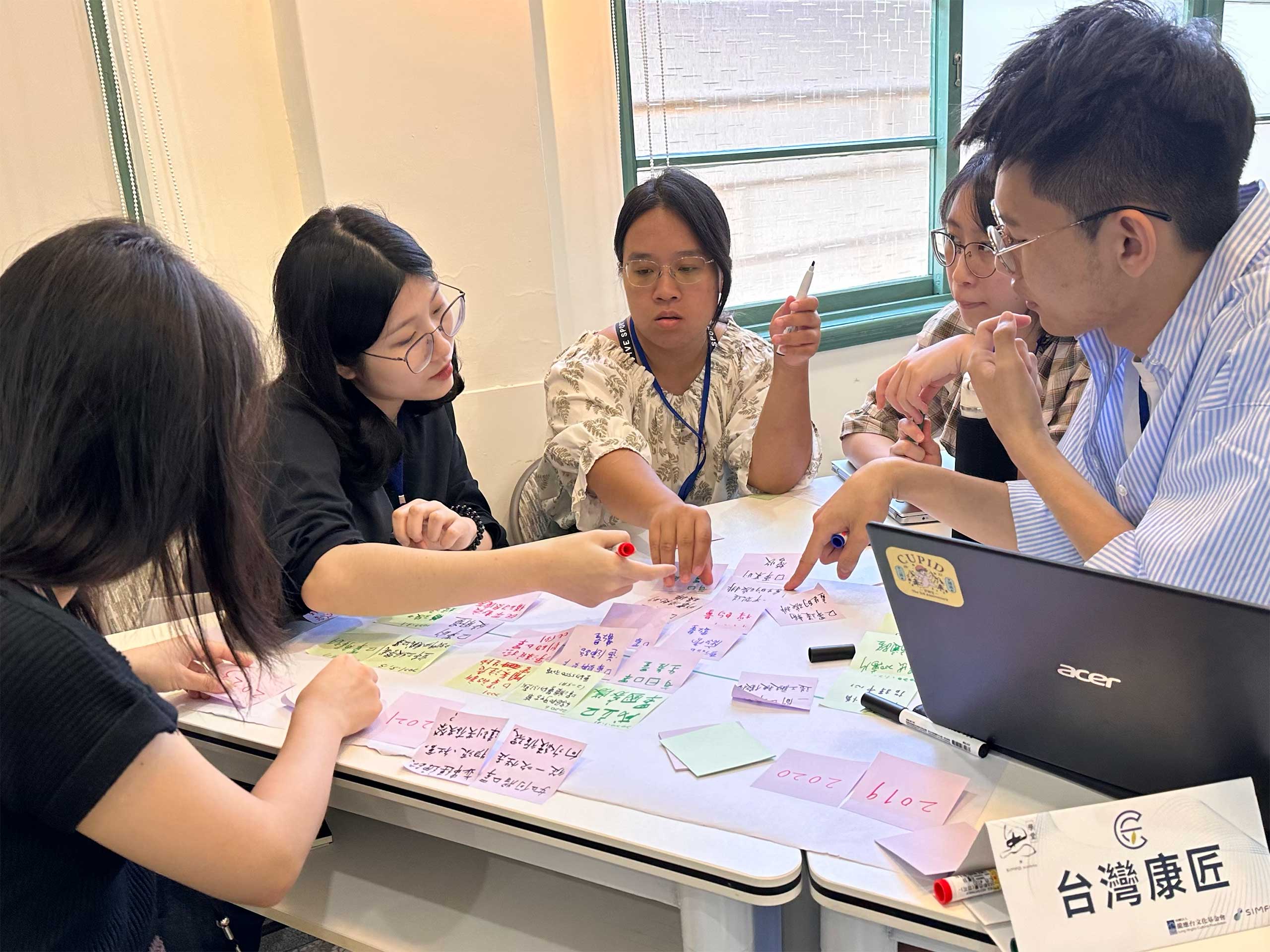



#Lung Yingtai Cultural Foundation 20th Anniversary
Peace Program
Peace Is a Path We Forge
Sustainability Democracy Dialogue
Origin
Founded in 2005, the Lung Yingtai Cultural Foundation believes that “ideas change the world.” For 20 years, it has broadened perspectives and sparked intellectual discourse on over 200 global issues, including the Israeli-Palestinian conflict, North and South Korea’s future, the global refugee crisis, Latin American political instability, and AI’s impact. It has also closely monitored China’s development and its social and international challenges.
Anticipating worsening cross-strait relations since 2017, the Foundation initiated discussions on military and war-related issues in the Taiwan Strait and its future trajectory.
The Lung Yingtai Cultural Foundation guides young people to understand global changes, cultivating critical thinking and empathy, while preparing a new generation to take action.
As the 80th anniversary of WWII approaches in 2025, amidst global upheaval, climate crisis, and rising tensions in the Taiwan Strait, the Foundation has set a new course. Its core mission is now to promote peace dialogue, strengthen societal resilience, and advance peace education.
In this era of crises, we choose to act for peace.
Our Program
What is “Peace” ?
In 1999, the United Nations adopted the Declaration on a Culture of Peace, emphasizing that “peace is not merely the absence of conflict and war; it requires active participation in dialogue, conflict resolution, and cooperation.”
The concept of “peace” extends beyond freedom, tolerance for dissent, and respect for life—it also includes protecting the ecosystem. Whether within societies or between nations, achieving peace requires collaborative efforts.
Over the past decade, the intersection of ecology and peace has become central to discussions on war and conflict. Climate change is expected to cause more severe natural disasters, with resource scarcity likely leading to conflict. Thus, prioritizing ecological balance and building resilient societies through cross-regional and international cooperation is essential for peace. A society that fosters resilience and sustainability internally is better equipped to recover, even in the face of war.
As the UN declaration states, “peace” is a cultural value—one rooted in shared principles and attitudes. We are committed to creating a platform that upholds peace as a cultural and democratic value, fostering dialogue to prevent conflict and ensure a life of dignity.
Three Pillars of Peace
Living in times of prolonged peace can easily lead to the illusion that peace is guaranteed. However, the constant upheavals around the world remind us that peace is hard-earned—built through human wisdom and sustained by persistent effort.
In today’s crises, dialogue is more essential than ever. Only through dialogue can we counter division, find common ground, and build consensus amidst diversity. Continuous dialogue helps the public develop a deeper understanding of complex issues, fostering informed and constructive action.
The preservation of peace depends on societal resilience. Resilience is not only measured by economic or military strength but also by the sustainability of the natural environment, a stable supply and reserve of resources, and the steadfast resolve of every citizen.
Peace should not be mistaken for weakness, compromise, or surrender. Through peace education, we aim to nurture a societal recognition of peace as a core value, equipping people with the wisdom and ability to safeguard it, while instilling hope and strength for the future.
What We Focus On:
- Peace through Dialogue
We promote in-depth dialogue and exchange across regions, borders, professional fields, identities, and ideologies. Open communication is key to understanding and bridging divides. - Peace through Resilience
Externally, we are committed to sustainable development, prioritizing environmental protection, carbon reduction, and the advancement of green technology.
Internally, we focus on building societal resilience by addressing crucial areas such as water resources, energy, industrial supply chains, the economy, food security, technological competition, national defense, and education. - Peace through Education
We are launching peace education programs to deepen society’s understanding of peace, democracy, human rights, and ecological sustainability.
Peace Hubs
